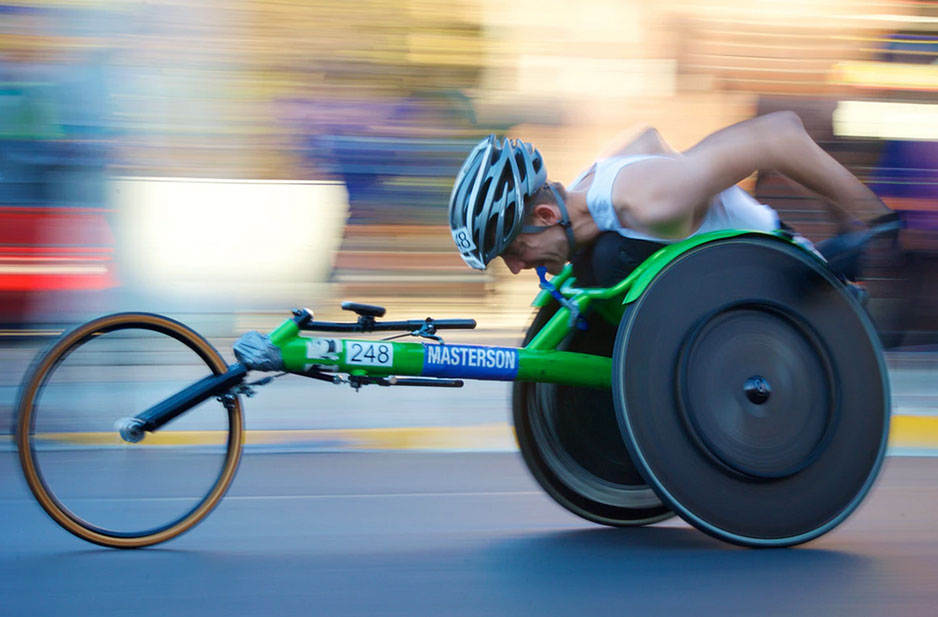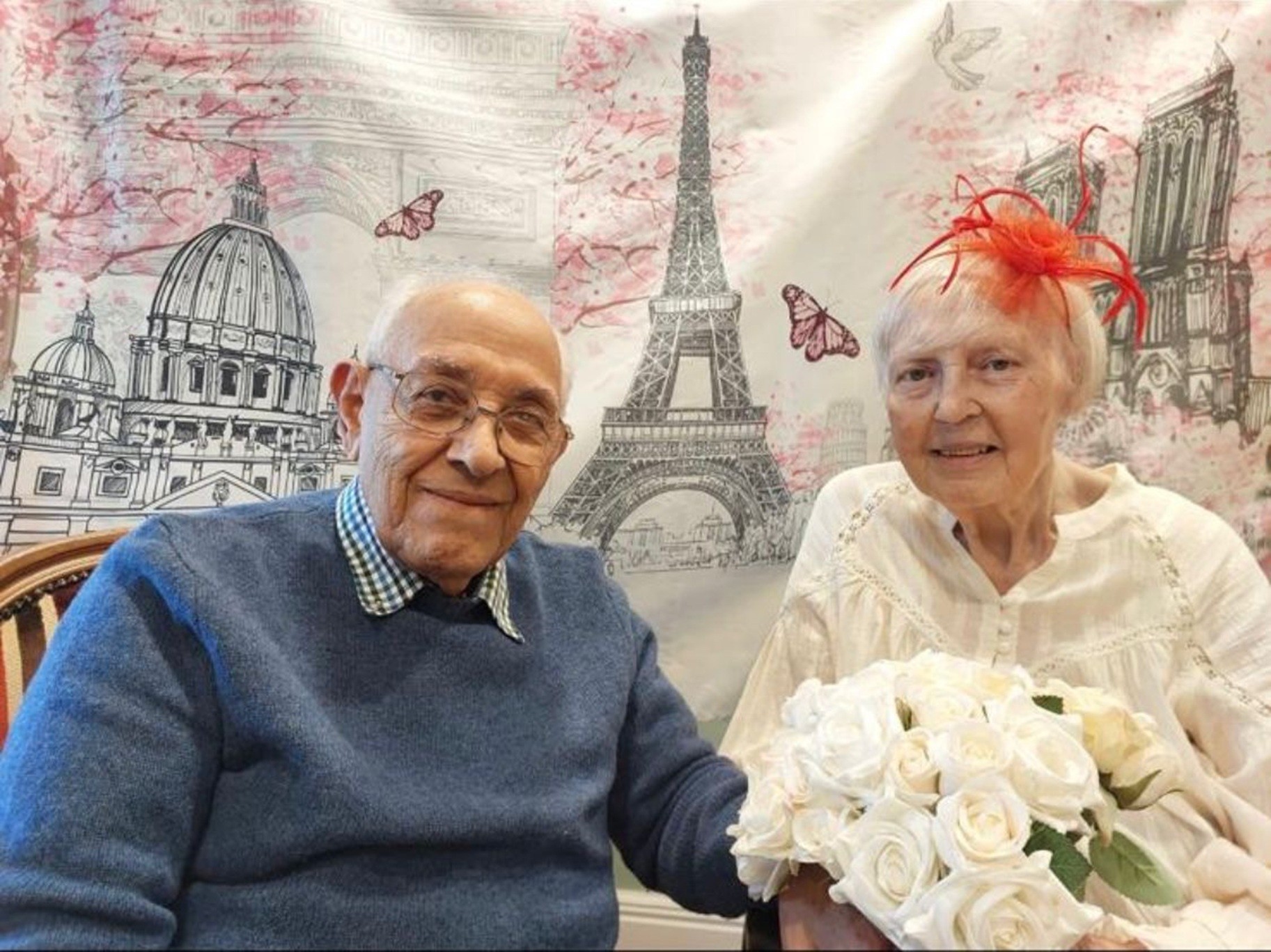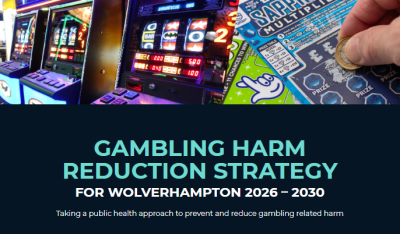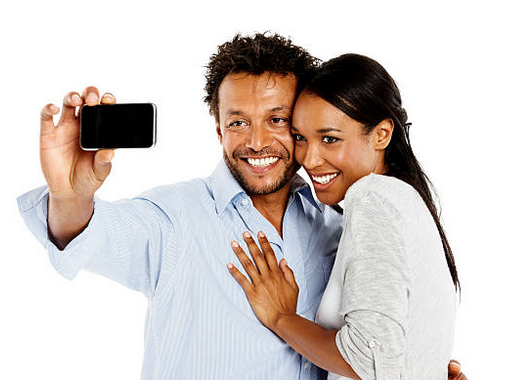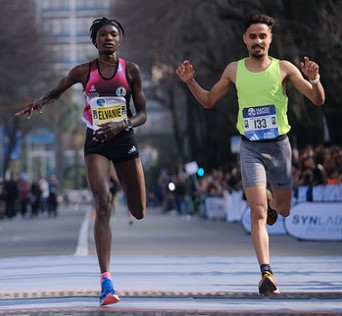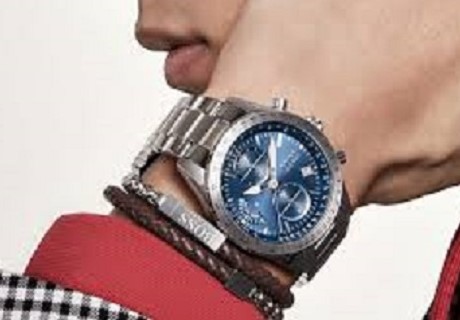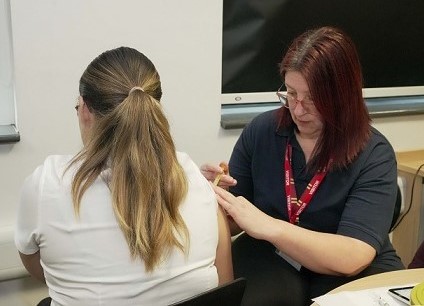The cancellation, or postponement, of many a major event - due to the global pandemic that is coronavirus - has not only created a huge nightmare in the diaries (and coffers) of organisers, participants and fans alike, but, for the likes of sporting, entertainment, major family get-togethers and other mass official gatherings, the future is darkened by uncertainty and confusion.
E where the fall-out of the can create added corncerns.
The postponement of the Tokyo 2020 Olympic Games is where the issue of the mental health of its competitors could come to the fore.
There is a record number of athletes and others whose respective intense Olympics preparations were due to pinnacle this summer.
With that in mind, there is a growing concern for their mental health preparations – amongst other issues.
Following the first Olympic Games postponement in its history, the most decorated Olympian, Michael Phelps, has backed the decision.
He said: “At first I was shocked at the cancellation”, he said. “It didn’t seem like something that could be managed, or controlled”.
For the athletes, he said: “Your whole life is pointed towards this moment and then this curveball. Now you have to wait for an extra year.
“I just feel so bad for the athletes who have made it this far. On the one hand I’m relieved that they’ve got an extra year to prepare. But the waiting makes it much harder”.
With that he added: “I really hope we don’t see an increase in athlete’s suicide rates because of it. This postponement is uncharted waters”.
With him suffering deep post-athletics depression, mental health awareness has since been the foundation of Phelps’ life.
Every athlete is in a singular place and he is worried about Tokyo Olympians being abruptly being asked to re-calibrate their lives.
“As someone who has gone through some who has gone through some really deep stages of depression, and still dealing with it, I hope and pray than every one of these athletes gets some kind of help with the mental health of this situation. This is a very big thing, and we can’t even leave our homes – no matter who or where we are”.
“So, if you’re an athlete, go online, or pick up the phone. Find someone to talk to”.



